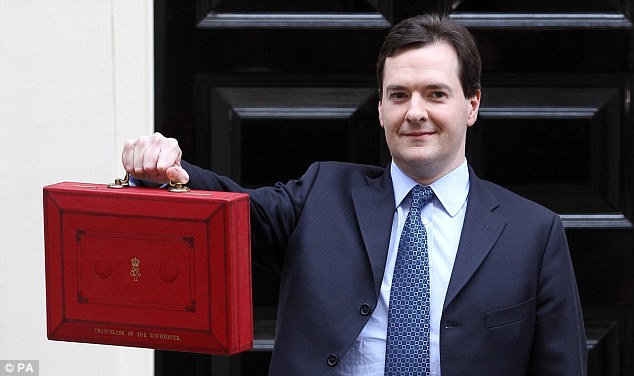The chancellor must think about the costs to small businesses
- September 13, 2017
- Martin Young
- 0 Comments

Earlier this month, Mark Carney’s hint that returning consumer inflation to 2 per cent could require an interest rate rise before the end of 2017 sent the pound soaring.
The announcement hit the front pages the following day amid a flurry of market speculation.
Since the financial crash, policymakers and commentators alike have fixated on the need to keep consumer cost increases at the right level to promote growth. Sadly, the same cannot be said for business outgoings.
A new report from the Federation of Small Businesses, published today, highlights how increases in small business costs resulting from government decisions have significantly outpaced inflation in recent years.
Produced by the independent Centre for Economics and Business Research (CEBR), it shows how changes to various levies, employer obligations and tax reliefs have directly caused outgoings for smaller firms to rise by an average of 12.5 per cent in the five years to 2016.
That’s compared with a cumulative CPI figure of 7.7 per cent for the same period.
Government policy should be evidence-based. What this new evidence shows is that far more must be done to assess the cumulative cost implications of new business policies before they’re introduced.
You need to keep shoppers coming back for more — you equally need to incentivise the UK’s 5.5 million small businesses that drive the economy forward, especially with Brexit on the horizon.
What’s particularly striking is the extent to which these policy-linked cost increases have impacted smaller firms in the construction sector.
We’ve heard those in power talk for years about the need to tackle the housing crisis. Yet in the five years to 2016, smaller construction firms have seen costs soar by 34 per cent as a result of government decisions.
This reflects a broader trend of government-driven costs disproportionately impacting labour-intensive industries.
Increases to the minimum wage, the introduction of pensions auto-enrolment and rising employer national insurance contributions have collectively placed huge pressures on employers in recent years.
At the same time, reliefs for small firms that hire staff, including the employment allowance, have not grown fast enough to offset these expanding obligations. The allowance should be raised to £4,000 as a matter of urgency.
Wider efforts have been made to mitigate the impact of spiralling costs. The annual investment allowance, for example, has provided a welcome incentive to spend on productivity-enhancing capital.
However, as is so often the case with such reliefs, a drop in the eligibility threshold is always possible, so firms are uncertain about where they stand from one year to the next. Businesses need certainty, not continuously moving goalposts.
As the budget approaches, the chancellor would do well to consider the need for stability and simplification at a time of pronounced uncertainty.
At the very least, he needs to ensure that all government departments have properly assessed the cost implications of new policies, not only to consumers, but to the small businesses that are the engines of UK growth.
